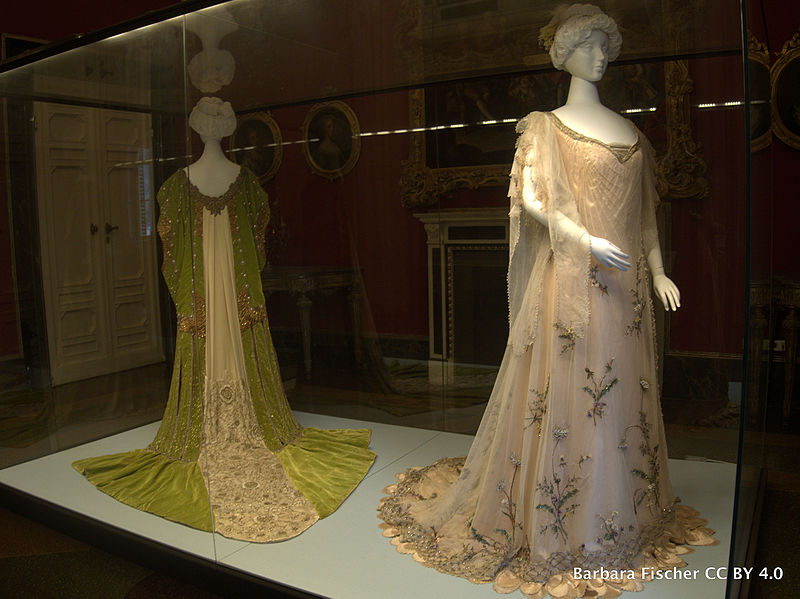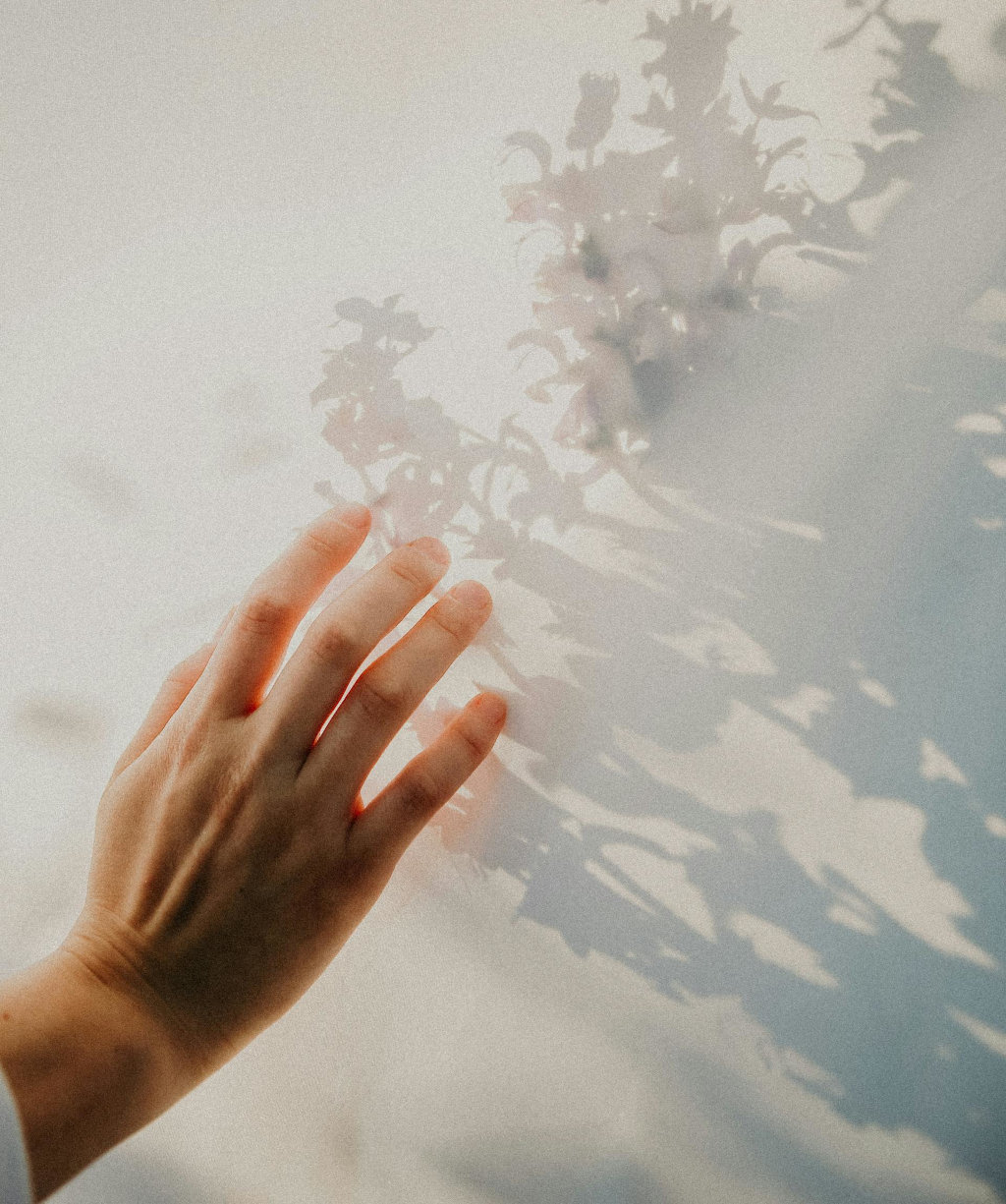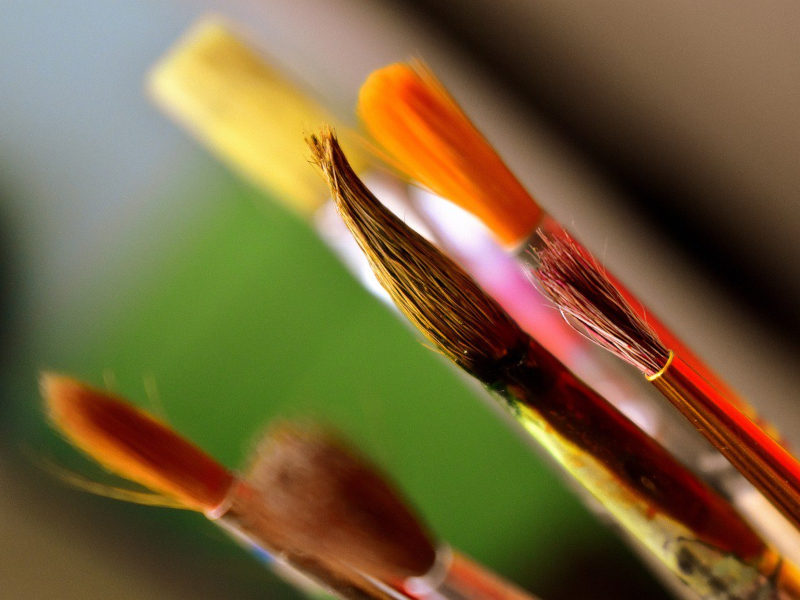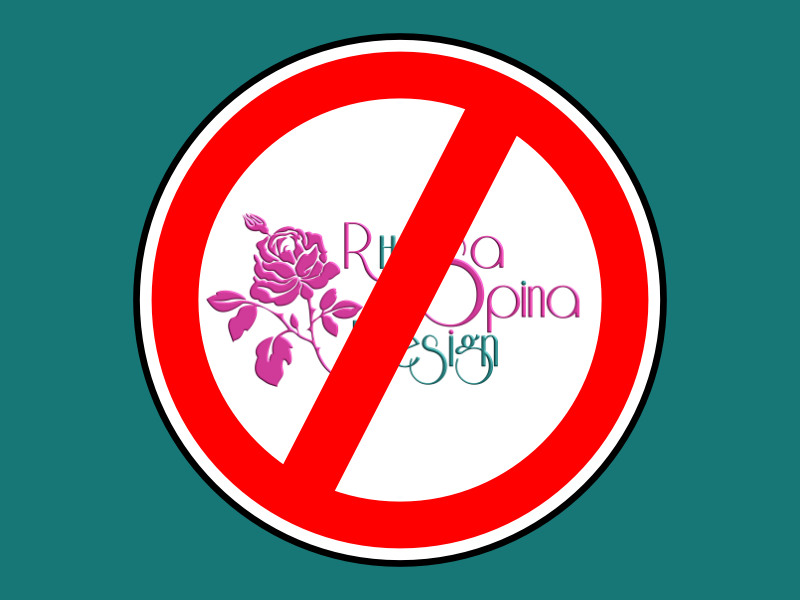
© image: Commons.wikimedia.org (Barbara Fischer)
Fashion Is a Serious Affair*
There are people who change the way we look at things. One of them is surely Rosa Genoni
There are people who change the way we look at things. One of them is surely Rosa Genoni: a fashion designer, a women’s rights advocate and a pacifist whose life speaks volumes of the real meaning of fashion.
Born in 1867as the first of eighteen siblings, she was sent to Milan when she was ten to become a dressmaker apprentice. In the following years, she learnt French, took her primary school degree, became a qualified master seamstress and got acquainted with the Milan socialist circles. In 1884 she was sent by the Italian Workers' Party to Paris to describe the Italian workers’ job conditions. Her career in fashion and her political commitment proceeded in parallel: she worked in Paris (1884-1888) then in Milan as a fashion designer (1988-1930) and fashion history teacher at the Humanitarian Society in Milan (1909-1931), she took part at the Socialist-Labourist International Congress in Zurich (1893), becomes friends with Anna Kulishoff, she put on show some of her dresses at the Milan Expo in 1906, where she was awarded the International Jury Grand Prix, she attends the 1915 International Congress of Women; with her husband, she founded a fashion laboratory, a creche and a gynaecological clinic in Milan San Vittore prison (1925-1943). Defined as "subversive," "socialist," and "anarchist" due to her pacifist position against World War 1 and her refusal to swear an oath of loyalty to fascism, she is constantly monitored by the police and she is refused a passport on many occasions. In 1948 she appeals to the UNO general secretary to solve the Arab-Israeli conflict. A keen Anthrosophist, she educated her children according to Rudolf Steiner’s teachings: one of the children, the artist Ernesto Genoni, meet Steiner in 1919, taught in Steiner’s Goetheanum (1923-1924) and went to Australia in 1926, where he became the pioneer of the Australian biodynamical agriculture. Rosa Genoni died in 1954 after a fully engaged life.
Her role as a pacifist, a feminist and as the promoter of the idea of Made-in-Italy fashion based on Italian art has been described in books, articles, footage and exhibitions only in recent years. Her views about the role of women in society, their right to vote, the need for better working conditions, the importance of having a made-in-Italy fashion, her pacifism and her personal engagement as a fashion designer, benefactress, educator and public speaker make her a prominent figure in every field she was interested in. Yet, in my opinion, what emerges from her biography is the unbreakable bond between what a woman wears and her dignity as a person. Her efforts to design dresses that were beautiful and practical at the same time were born from her awareness that beauty is a need: an irrepressible aspiration toward high and bright realms, where the soul can rest in peace and the body is healthy and strong. Of course, there can be no beauty where there is no respect and freedom for the entire person as a worker and a political subject. Beauty, respect and freedom walk hand in hand.
Fashion is not relevant only for its economic role or its ability to offer a medium of self- expression: according to how it looks, it is a way to be enslaved by stereotypes and mainstream ideas or a way to inhabit one’s own dignity. When one wears something beautifully conceived, fashioned, cut and assembled, created with beautiful material, comfortable and good looking, with nice colours and a nice pattern, one rejoices and celebrates life. Because life is a serious matter and it must be rejoiced in and celebrated in every moment, under any respect and in any circumstance. By choosing a nice cloth we bring our inner selves outside: do we want to get the world dirty with our presence or do we want to add beauty to it? Do we want to offend others or do we want to feel one with them?
The same question applies to designers and artists in general. Art is not a matter of mere self-expression where basic instincts, obscure drives and unbridled imagination must be put on display in order to unburden the artist’s problems or reflect the social malaise, as this would not solve any of the issues: it is a matter of offering a form of comfort, celebration and moral help to the ever-aching humanity, who can find a moment of peace, a truce from the daily worries that afflict us in every field of our lives – from personal to social. As artists, art is the only solace we may offer the world and we must do it with all our hearts and souls as we are part of mankind too. Life is difficult, it is sad at times, at times it may be tragic, and always harping on its problematic sides may be depressing. That does not mean one may close their eyes and live in a land of candy flowers, as the saying goes in Italian, no, that simply means that one must be surrounded by beautiful, harmonious, soothing objects in order to face difficulties, otherwise being constantly reminded of ugliness and injustice has an enervating effect which in the long prevents people from trying to lead a rewarding life and to make the world a better place for all. Indeed, fashion is a serious affair.
* This title evokes the title of an article written in 1925 by writer Gianna Manzini, which Eugenia Paulicelli recalls in her 2017 bilingual book about Rosa Genoni.
To know more about this incredible woman, you may watch this documentary (English subtitles are included).






1 comments
Only site members can comment
If you want to leave a comment on the post you must be registered on the site, just a nick and an email.
Subscribe